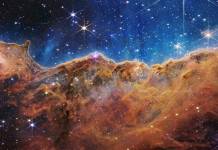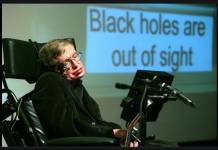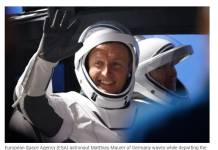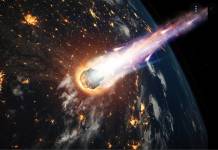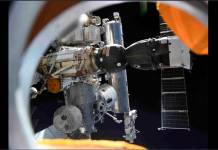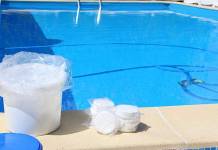
NASA astronaut Christina Koch just returned to Earth after spending 328 days aboard the International Space Station (ISS). Koch arrived at the ISS on March 14, 2019, and returned back to Earth on Thursday, February 6, 2020. She returned with European Space Agency astronaut Luca Parmitano and Russian cosmonaut Alexander Skvortsov, and their Soyuz spacecraft landed in Kazakhstan in the early morning of Thursday.
While out in space, Koch did six spacewalks and spent a total of 42 hours and 15 minutes outside of the ISS. She did two other spacewalks with NASA astronaut colleague Jessica Meir.
The Americans engaged in lots of scientific experiments that involved testing out how everyday things we do on Earth can be done in space where there is an absolute lack of gravity. Some of the experiments involved medical science, plant cultivation, and human health among others. Sometimes other things are the objects of the experiments and sometimes the astronauts themselves are the objects of the scientific research in space.
Part of the experiments Koch involved herself with while out in space included the negative impacts of lack of gravity on bone and muscle loss in astronauts. She took part in the Vertebral Strength research which focused on reducing and preventing bone and muscle loss in astronauts using physical exercise and preventative medicine.
The astronaut also took part in the Kidney Cells research that involved mitigating the development of kidney stones and osteoporosis among other health issues in space. This involved investigations on water conservation, space travel, diet, and zero gravity on kidney health. The ultimate objective is to research new treatments for brittle bones and kidney stones.
Koch went ahead to take part in other space experiments which included the Microgravity Crystals involving cancer cells and the BioFabrication Facility research involving the printing of organ-like tissues in space. Other experiments involved growing leafy greens such as the Mizuna mustard greens and testing the testing of how fire behaves in space.
Koch said she treasured her time in space even though there were many things she could naturally do on Earth but couldn’t do in space. However, the North Carolina native said she appreciated the care packages that were delivered from Earth to her in space and this included pizza kits among other personal things.
“Sleep in space has been some of the most restful I’ve ever had — no hotspots, no tossing, no turning, never too hot or too cold. I just float in my body’s natural position. How will I sleep when I return to Earth?”
She revealed she also felt much rested at the ISS as she adjusted perfectly to zero gravity even though she missed the natural smell of flowers, sounds of rains, and sensations of sand at the Galveston beach.
While Koch achieved 328 days in space, she exceeded the 288 days spent by astronaut Peggy Whitson but short of the all-time 340 days record set by NASA astronaut Scott Kelly.
Source:
https://edition.cnn.com/2020/02/05/us/astronaut-christina-koch-spaceflight-record-scn/index.html

